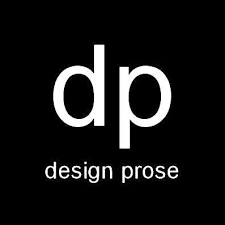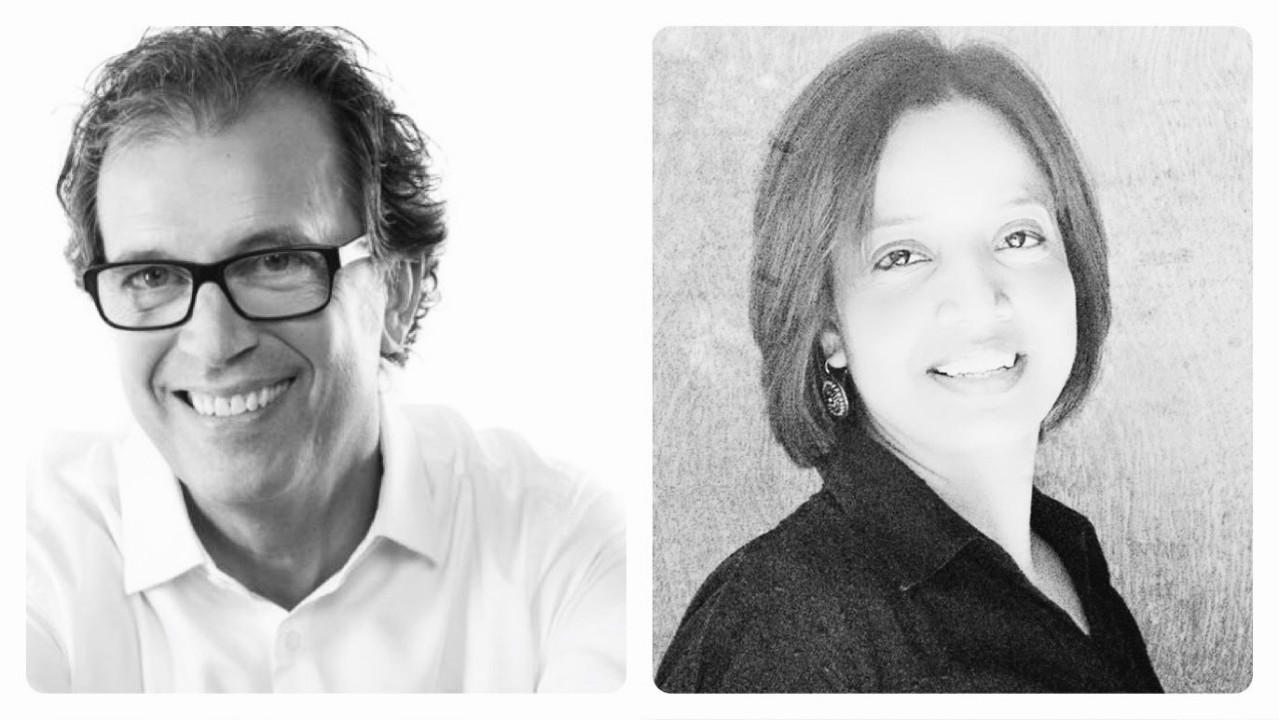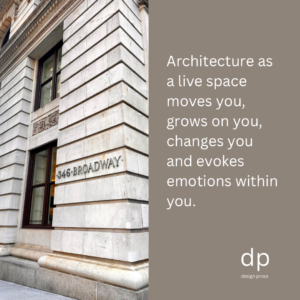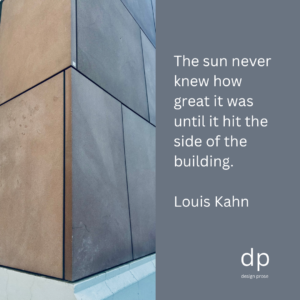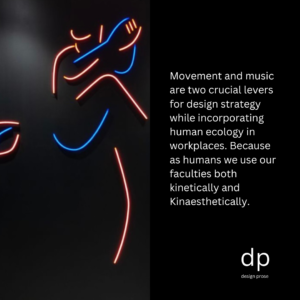Pallavi: Workplace is in perpetual beta. But with current event unfolding we are onto something totally uncharted. We don’t yet know if we will even have the work that we build our workplaces around. What is going on in your mind, at the moment as a leading workplace thought leader.
Neil Usher: It is exactly that we don’t know. Our sector was initially very quick to jump to conclusions about what ‘will’ happen and has now reverted to what it thinks ‘may’ happen.
Two things are clear – first, that as you rightly say, work is primary, and therefore our workplace will respond to how work itself changes. Second, the resolution of the pandemic in regard to a possible return to work (and therefore the workplace) will fundamentally be medical. The political and organisational will follow what is possible in regard to the risks to our health. Beyond these things it’s all speculation, and our views will evolve the longer the lockdown persists. My fear is that the more frustrated we become, the more likely we shall be to take greater risks when we are able to emerge once again.
Pallavi: We can define the future of work only when we know what is in our present and where we might be headed. There were so many tech disruptions being talked about, do you think we are somewhat at a clean whiteboard stage again for workplace design.
Neil Usher: I think what we have seen is a number of developing threads being given a huge shove by the pandemic: remote working, the digital workplace, the informalisation of work and codes of conduct, the meshing of work and non-work physical and digital space and management by objective to name a few.
They are not new phenomenon, just ideas and practices at varying stages of maturity in different locations and sectors. The proclamations of ‘nothing ever being the same again’ are just the product of over-excitement at this stage in an industry where change is often proclaimed as significant but invariably is painfully slow. It may possibly even be down to cabin fever. When everyone calms down a bit, this will all become apparent.
Pallavi: For past several years, we were obsessed with flexible/coworking as a new normal for office requirements. Given that health, cleanliness, security is now paramount in the wake of the pandemic, do you think we may have to let go of those notions?
Neil Usher: I think my colleague Bruce Davison is right in stating that flexible workspace is the end of the old way of doing things and has never been the start of the new. We’ll likely feel a little apprehensive about mixing in office space with those we’re not familiar with when the whole ethos is about mixing. That’s not to say that the operators won’t find ways around this and adapt their offer and narrative.
Pallavi: There are several unknowns at the moment, with respect to offices requirements and workplace design, do you see anything that will carry forward as principles, no matter what comes out of the change we are going through. Do you think Elemental Workplace guidelines will still hold true, or do you think you may have to revisit.
Neil Usher: I think each of the elements holds true, even where we spend less time in the office and our schedules are more irregular. The book addresses the ‘social workplace’ – the interplay between digital and physical space. It stresses the need for balance between the two. It may not have predicted such an instance as we have today, but it did anticipate an improved and more equitable balance than we have seen until now. You can of course apply the whole approach to your home office too.
Pallavi: By nature, humans are social beings. However, pandemic like this is triggering distancing and breaking these notions of coming together and huddling together in offices and third places. Do you think, this may get challenged and we go back to social spaces the usual way, once we are past the pandemic.
Neil Usher: For a decade or more our workplaces have been increasingly designed for closeness, not separation. Smaller desks, longer benches, breakout areas, shared work/play amenities, they are all about us being physically close. Similarly our public spaces have become increasingly focussed on gathering. Yet at the same time social networks have become ubiquitous and more sophisticated, and more organisations have taken on collaborative applications and enterprise social networks. So, the two threads have developed in parallel. It’s just that in the workplace discipline we’re not especially digitally aware and so focus far more on physical space. We could see this era as simply one of natural rebalancing. To a degree we’ll revert to social interaction, and yet at the same time be more comfortable and natural with the digital domain.
Pallavi: Any particular literature or readings that is becoming useful for you as a reference as you navigate this new mental and physical space of being?
Neil Usher: It’s hard to beat Albert Camus’ The Plague as a reference point. The difficulty for us right now with the explosion of web-published content on work and the workplace is that it has become increasingly difficult to find worthy insight, buried as it is amongst so much mediocrity. So, I would suggest reading something you’re interested in that has nothing at all to do with it. Right now, escape.
Pallavi: Do you ever think of a possibility that we may not have any work left to build the workplace around it, post the pandemic? What kind of world that might entail, if at all?
Neil Usher: No. Humanity is unbelievably adaptable. When the saying ‘what got us here won’t get us there’ is uttered in this context its entirely wrong. We’ll find a way through.
Pallavi: This lockdown has made people still and various things we did for escaping the emptiness was work, social places, gatherings, social media. This enforced pause will cause a lot of crumbling of emotions, unresolved thoughts and issues. It will be making or breaking of many things. Have you given any thought on this?
Neil Usher: Many avoid reflection, preferring to lose themselves in the busyness of their lives. Being forced to reflect is no bad thing. Perhaps we’ll learn much about ourselves and those around us. We may resolve to change some things about us. I tend to think that almost all such resolutions will be to be better, in some ways or at some aspects of our lives. What I do believe though is that plans, wishes or intentions that may have been shelved for many years will be acted on. The post-pandemic world is going to go crazy with people doing stuff. It could well be very exciting indeed.
Here is some copy for this blog article.
